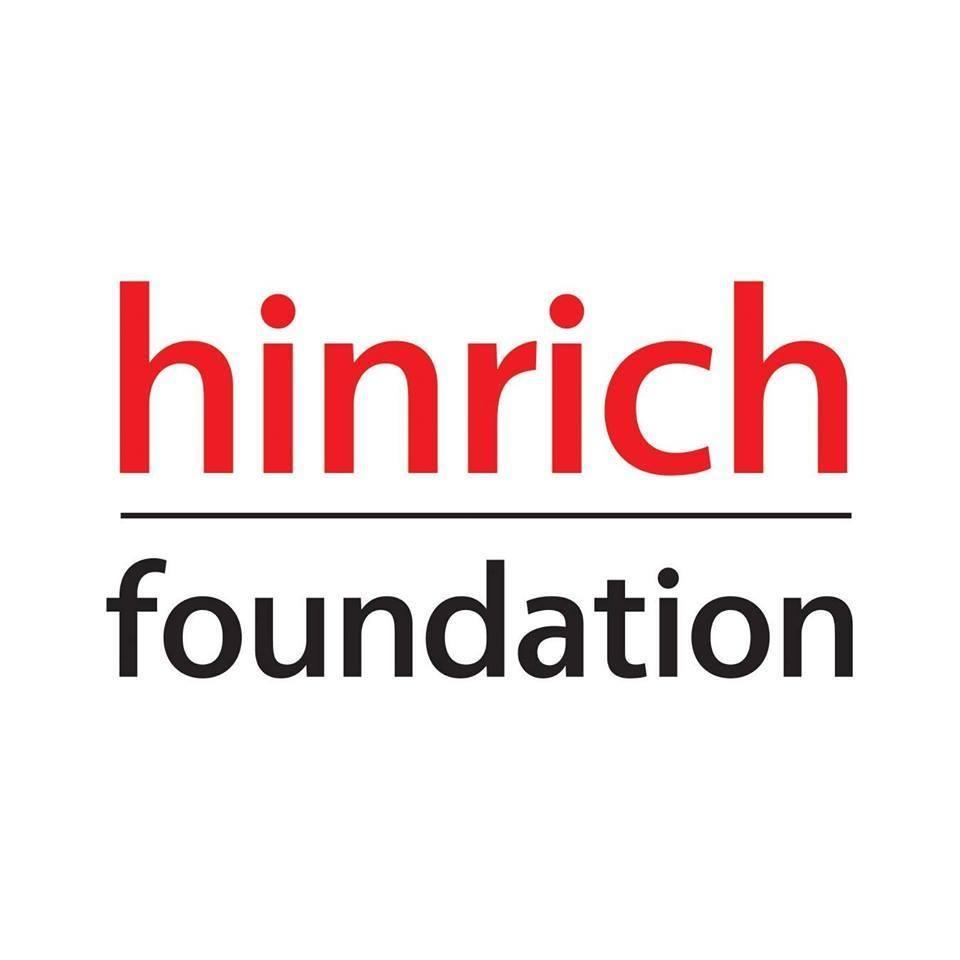Workshop
Details
Many firms have spread their production chains across wider and more diverse geographical areas. In past decades trade in intermediate products has gained importance and today make up the bulk of world trade. Recent years have seen a series of national and global initiatives by private companies to comply with standards in environmental, climate change and social protection. Indeed, many corporations already have extensive corporate strategies to implement risk-based due diligence procedures for CSR and Sustainability programmes in Global Value Chains.
Much more can be done, however, in a coordinated way and there is a debate about underlying methodologies, the harmonisation of standards and their transparency. Yet, a systematic analysis and reconfiguration of global value chains under the premises mentioned above are still at an infant state. Private companies, in cooperation with other transnational actors, have to actively engage in setting up legal frameworks and implementing new business models. Only if substantial progress is made, opposition towards further globalisation can be overcome and international trade will unleash its full potential in creating wealth for all stakeholders.
To reflect the diversity of discussions in Asia and Europe, the Regional Project Energy Security and Climate Change in Asia-Pacific of KAS and the Cologne Institute for Economic Research organise the second international workshop in the respective regions. After the first one-day workshop in Europe, Brussel the second workshop will take place in Hongkong. Representatives from governmental and intergovernmental organisations and multinational companies will discuss the following issues:
- Sustainability in Global Value Chains
- Global vs local standards and their implementation
- Options and limitations of implementing global standards
- Implications of the SDGs for businesses and international trade
- The role of regulators, consumers and other stakeholders (i.e. NGOs)
- Standards and practices set by MNEs: Experiences, good practises and perspectives/presentation of concrete cases





